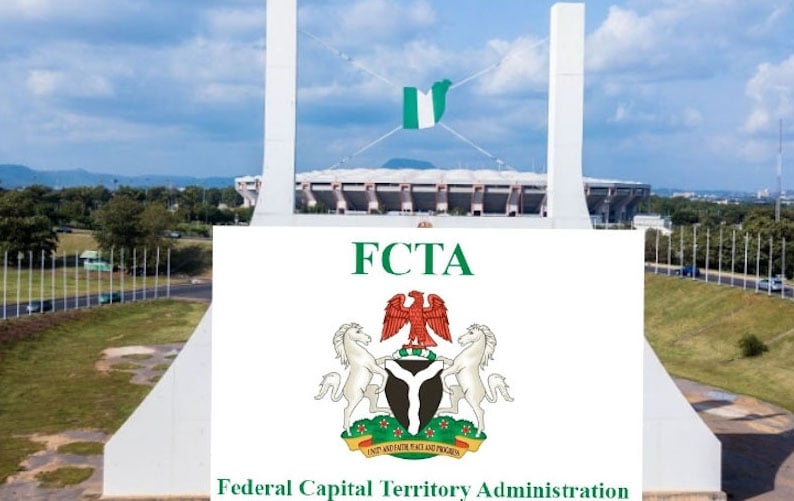Dozens of diplomatic missions in Nigeria’s capital city may face administrative sanctions as the Federal Capital Territory Administration (FCTA) intensifies efforts to recover unpaid statutory charges. At least 34 embassies in Abuja have been flagged for failing to settle land-use dues over a span of more than a decade.
The FCTA recently published a list of diplomatic entities that have reportedly defaulted on ground rent payments dating back to 2014. The cumulative outstanding amount across these missions is estimated at over ₦3.6 million. The affected embassies include those of Ghana, Thailand, Russia, Côte d’Ivoire, Philippines, Turkey, Netherlands, and others.
Despite the seriousness of the notice, several missions have challenged their inclusion. The Russian Embassy categorically denied owing any rent and stated that all payments are up to date, with documentation to support the claim. Turkey and Germany also expressed surprise at being listed and called for clarity from local authorities. Germany further stated that it had received no formal communication regarding any debt.
Responding to such reactions, a spokesperson for the FCT Minister, Nyesom Wike, noted that any discrepancies will be investigated. He added that some embassies may have paid via electronic systems not yet reflected in FCTA’s records.

Earlier, the FCT Minister had ordered enforcement actions against nearly 4,800 properties in Abuja over similar defaults, prompting President Bola Tinubu to intervene and grant a two-week grace period for all parties to settle their obligations. That grace period ends today.
The FCTA insists that failure to pay these dues could result in property enforcement actions, although authorities have remained cautious regarding diplomatic properties. Experts have pointed to international conventions — especially the Vienna Convention of 1961 — which protect diplomatic premises from certain local administrative measures.
Former Nigerian ambassador Ogbole Amedu-Ode advised the government to tread carefully and recommended bilateral engagement through the Ministry of Foreign Affairs. “While embassies must comply with municipal laws, diplomatic properties have special status under international protocols,” he stated.
Similarly, foreign affairs analyst Charles Onunaiju emphasized that diplomatic missions are considered sovereign territories and warned that any attempt to seal them could breach international norms and provoke a diplomatic backlash.
Among the embassies listed, some owe minor amounts, while others face larger liabilities. For example, the Zambian High Commission is noted to owe nearly ₦1.2 million, while Indonesia’s Defence Attaché reportedly owes over ₦1.7 million. Other embassies, including those of Egypt, Sierra Leone, Ethiopia, Saudi Arabia, and South Africa, are also among the defaulting entities.
Meanwhile, several Nigerian institutions initially listed — including the Peoples Democratic Party (PDP), the Federal Inland Revenue Service (FIRS), and the National Agency for the Prohibition of Trafficking in Persons (NAPTIP) — have since confirmed settling their obligations with the FCTA. FIRS had earlier clashed with the FCTA over the sealing of its offices but later provided evidence of payment and resolved the dispute.
As the final deadline approaches, it remains to be seen whether all affected missions will regularize their dues or whether this issue will escalate into a broader diplomatic matter.



